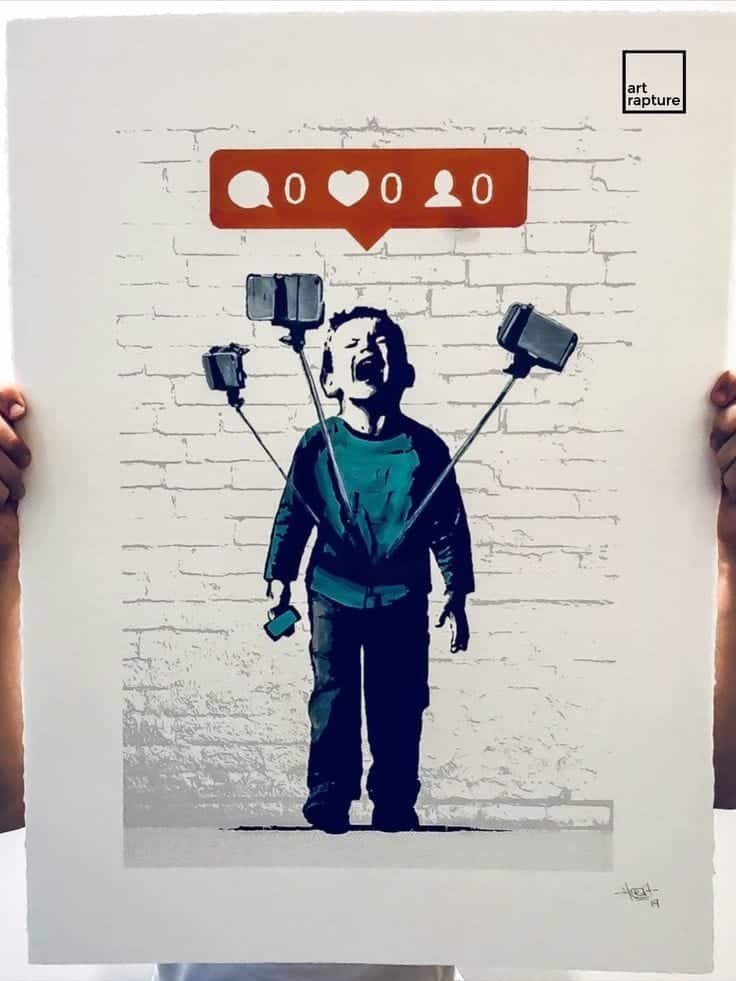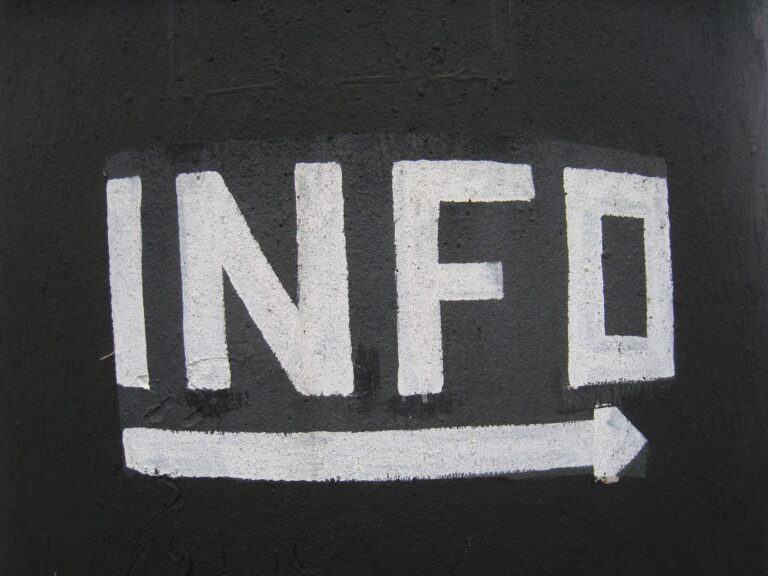Μέσα κοινωνικής δικτύωσης: Μόδα ήταν και πέρασε;
Του Πανεπιστημιακού καθηγητή Τάσου Καπλάνη
Τις τελευταίες μέρες διαβάζω άρθρα που προαναγγέλλουν τον θάνατο των ΜΚΔ – ως αποτέλεσμα των απωλειών εσόδων και συνακόλουθων απολύσεων που κάνει το FB και το twitter.
Στις 9/11 η Σάρα Μανάβις στο New Statesman έγραψε για το τέλος των “κειμενοκεντρικών” μέσων (όπως το twitter και σε μεγάλο βαθμό και το FB) και την αντικατάστασή τους από τα “εικονοκεντρικά” και κυρίως “βιντεοκεντρικά” μέσα όπως το TikTok και το Instagram.
Αντιγράφω:
There is a growing pile of evidence suggesting the platforms we once saw as the archetypal social media sites are becoming obsolete. Instead of chat rooms and text posts, there is the rise of front-facing cameras and visual content above all else. An online world of images, short clips, livestreaming and an obsession with the “personal brand” is replacing the internet that prioritised communication, ease of access and messages. We are at the end of the text-based social media era.
Ωστόσο, αυτό δεν είναι νέα τάση: από το 2010 που βγήκε το Instagram όσες/οι/α χρησιμοποιούσαμε το FB αρχίσαμε να θεωρούμαστε “δεινόσαυροι” – τα παιδιά προτιμούσαν να ποστάρουν φωτογραφίες χωρίς κείμενο… Όταν πια ήρθε και το TikTok τα σύντομα βιντεάκια κυριάρχησαν στη νέα γενιά (επηρεάζοντας μάλιστα και πολύ “παραδοσιακές’ πλατφόρμες όπως το Youtube που έχει γεμίσει τον τελευταίο καιρό από “Shorts” αλά TikTok….).
Σε μια πολύ πιο αναλυτική παρουσίαση στις 10/11, ο Ίαν Μπόγκοστ στο Atlantic με τον εύγλωττο τίτλο “The Age of Social Media Is Ending” και τον ακόμη πιο εύγλωττο για τη στάση του υπότιτλο “It never should have begun” κάνει μια ευπρόσδεκτη ιστορική αναδρομή, αλλά και χρήσιμες διακρίσεις. Μας δείχνει πώς περάσαμε από την κοινωνική δικτύωση (όπου οι πλατφόρμες χρησιμοποιούνταν για να ερχόμαστε/κρατάμε επαφή με τις/τους φίλες/ους μας) στα κοινωνικά μέσα (όπου πλέον λειτουργούσαμε ως παραγωγές/οί περιεχομένου και τα χρησιμοποιούσαμε για πληροφόρηση, αλλά και με οικονομικούς στόχους). Αντιγράφω:
Social networks’ evolution into social media brought both opportunity and calamity. Facebook and all the rest enjoyed a massive rise in engagement and the associated data-driven advertising profits that the attention-driven content economy created. The same phenomenon also created the influencer economy, in which individual social-media users became valuable as channels for distributing marketing messages or product sponsorships by means of their posts’ real or imagined reach. Ordinary folk could now make some money or even a lucrative living “creating content” online. The platforms sold them on that promise, creating official programs and mechanisms to facilitate it. In turn, “influencer” became an aspirational role, especially for young people for whom Instagram fame seemed more achievable than traditional celebrity—or perhaps employment of any kind.
Κι έτσι δημιουργήθηκαν οι διάφορες Τούνη και η έκσταση των νέων παιδιών που θέλουν σε έναν πολιτισμό που έχει μόνο μία αξία, το χρήμα, να το αποκτήσουν όσο γίνεται πιο εύκολα, πιο γρήγορα και πιο πολύ. Citius, facilius, abundantius (για να παραφράσω το γνωστό ολυμπιακό σύνθημα).
O Μπόγκοστ θεωρεί ότι τα κοινωνικά μέσα είναι θεμελιωδώς κακά: We cannot make social media good, because it is fundamentally bad, deep in its very structure. Βλέπει επίσης αυτό που συμβαίνει ως ευκαιρία, όχι για να αλλάξουμε πλατφόρμα, αλλά για να απαλλαγούμε από τη δυναστεία των μέσων και να ξανακερδίσουμε μια πραγματική κοινωνική ζωή:The possible downfall of Facebook and Twitter (and others) is an opportunity—not to shift to some equivalent platform, but to embrace their ruination, something previously unthinkable.
Έχει βέβαια πολύ δίκιο όταν γράφει: When social networking evolved into social media, user expectations escalated. Driven by venture capitalists’ expectations and then Wall Street’s demands, the tech companies—Google and Facebook and all the rest—became addicted to massive scale. And the values associated with scale—reaching a lot of people easily and cheaply, and reaping the benefits—became appealing to everyone: a journalist earning reputational capital on Twitter; a 20-something seeking sponsorship on Instagram; a dissident spreading word of their cause on YouTube; an insurrectionist sowing rebellion on Facebook; an autopornographer selling sex, or its image, on OnlyFans; a self-styled guru hawking advice on LinkedIn. Social media showed that everyone has the potential to reach a massive audience at low cost and high gain—and that potential gave many people the impression that they deserve such an audience. […] That was a terrible idea. As I’ve written before on this subject, people just aren’t meant to talk to one another this much. They shouldn’t have that much to say, they shouldn’t expect to receive such a large audience for that expression, and they shouldn’t suppose a right to comment or rejoinder for every thought or notion either. From being asked to review every product you buy to believing that every tweet or Instagram image warrants likes or comments or follows, social media produced a positively unhinged, sociopathic rendition of human sociality. That’s no surprise, I guess, given that the model was forged in the fires of Big Tech companies such as Facebook, where sociopathy is a design philosophy.
Ωστόσο, ο λόγος επιτυχίας ήταν ακριβώς η ανάγκη για μια πιο άμεση και ισότιμη επικοινωνία, που τα μονοσήμαντα (όπως έγιναν) μέσα (ραδιόφωνο, τηλεόραση, τύπος) δεν προσφέρουν. Αυτά, το βλέπουμε πια όλες/οι/α, είναι απλώς εξουσιαστικοί φορείς που επιβάλλουν το περιεχόμενο και τη γραμμή των ιδιοκτητών τους και άλλων συμφερόντων (κυβερνητικών, επιχειρηματικών, κοκ). Με τη μία ή την άλλη μορφή, οι διαδικτυακές πλατφόρμες παραμένουν πιο δημοκρατικές.
Ο Μπόγκοστ γράφει: Something may yet survive the fire that would burn it down: social networks, the services’ overlooked, molten core. It was never a terrible idea, at least, to use computers to connect to one another on occasion, for justified reasons, and in moderation (although the risk of instrumentalizing one another was present from the outset). The problem came from doing so all the time, as a lifestyle, an aspiration, an obsession. The offer was always too good to be true, but it’s taken us two decades to realize the Faustian nature of the bargain. Someday, eventually, perhaps its web will unwind. But not soon, and not easily.
Κοντολογίς, μέτρο χρειάζεται, όπως σε όλα. Δεν χρειάζεται να είμαστε όλη μέρα μέσα στις πλατφόρμες, όπως δεν χρειάζεται να είμαστε όλη μέρα μέσα στα διαδικτυακά παιχνίδα, όπως δεν χρειάζεται όλη μέρα να διαβάζουμε, να αρχειοθετούμε και να απαντάμε σε email…
Η τεχνολογία από μόνη της δεν είναι καλή ή κακή. Οι ανθρώπινες εμμονές που κουκουλώνουν άλλα προβλήματα, η καπιταλιστική και εργοδοτική εκμετάλλευση, η (αυτο)παγίδευση στην εικόνα και οι ψευδαισθήσεις που δημιουργεί και αποδεχόμαστε, αυτά ναι, είναι κακά και πρέπει να προσπαθήσουμε να τα καταπολεμήσουμε. ΚΑΙ από τις πλατφόρμες. Ιδίως όταν είμαστε αποκλεισμένες/οι/α από άλλα φόρα….







